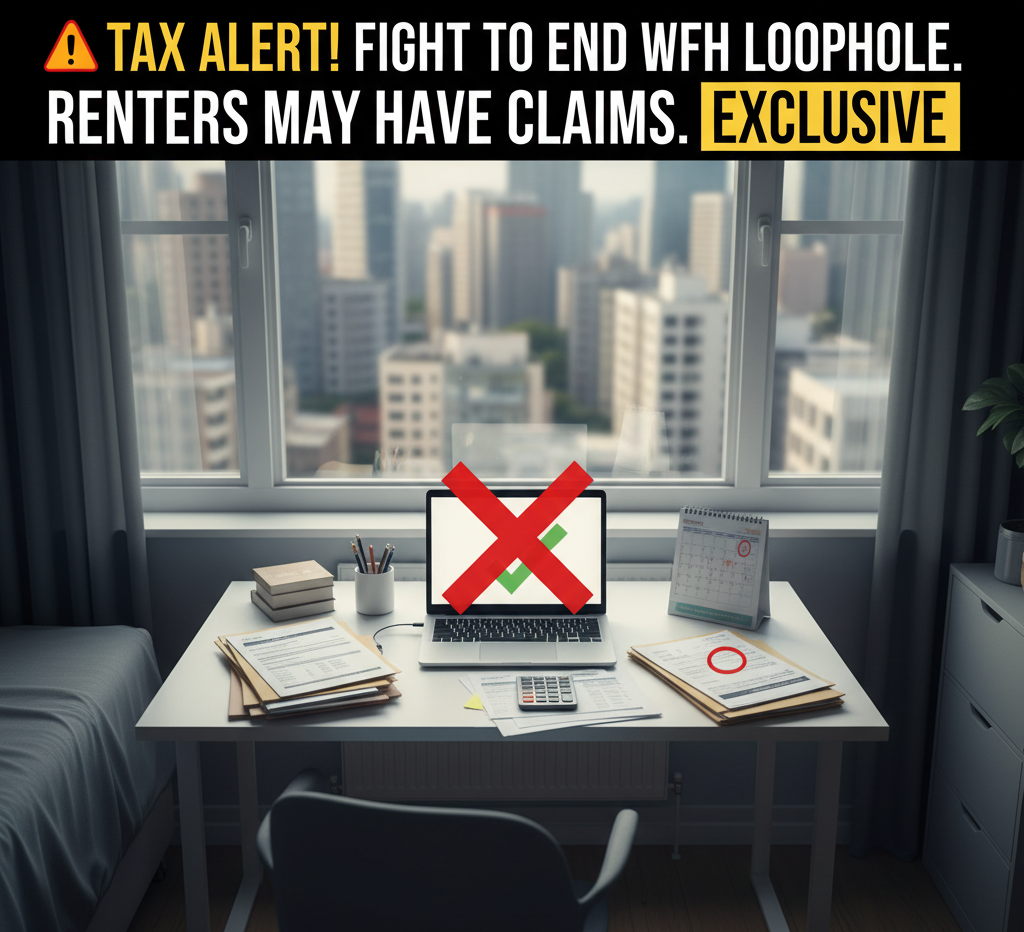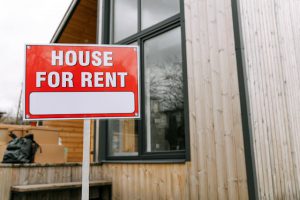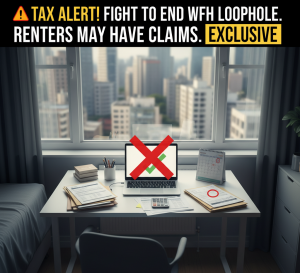The world of work-from-home (WFH) tax deductions just got a lot more complicated. A recent legal battle has put the Australian Tax Office (ATO) on high alert, creating a potential loophole that could have major implications for Australian renters—and the federal budget.
If you’ve been working from home, especially during the pandemic lockdowns, you need to pay close attention to this developing situation.
The Bombshell Tribunal Decision
The controversy stems from a win at the Administrative Appeals Tribunal (AAT) involving an ABC radio presenter. The presenter, who was forced to work from home during Victoria’s lockdowns, successfully claimed a deduction for $5,878 in rental expenses for converting a second bedroom into a permanent home office.
The AAT’s ruling essentially allowed him to claim the rental costs for this dedicated workspace. If this decision stands, it could open the floodgates for similar claims.
- Who is affected? Primarily renters who have a genuinely dedicated space (like a spare room) used exclusively or substantially for work.
- The potential cost: With almost a third of households being renters, the ATO fears this single decision could cost taxpayers billions of dollars in lost revenue.
ATO Fights Back: A Warning to Claimants
The Australian Taxation Office (ATO) is not taking this sitting down. They are currently waging a legal battle to overturn the AAT decision in the Federal Court. A ruling is expected in the coming weeks.
In the meantime, the ATO has published interim advice specifically warning taxpayers against claiming similar deductions.
Key Takeaway from the ATO: If you claim a deduction based on this controversial ruling, and the ATO successfully overturns the AAT decision in the Federal Court, you may have to pay more tax later on.
Essentially, while the AAT ruling sets a precedent, the ATO is betting on winning their appeal and will likely revisit and amend any claims made based on the current tribunal result.
What Does This Mean for Your WFH Claim?
For now, the ATO’s position remains cautious, but the potential for renters to claim a percentage of their actual occupancy costs (like rent) is real, provided the space is genuinely set aside as a dedicated office.
Homeowners vs. Renters: A Critical Difference
-
- Homeowners can potentially claim a percentage of mortgage interest and other costs, but doing so triggers a partial Capital Gains Tax (CGT) liability when the property is sold. For most, this CGT risk outweighs the annual deduction benefit.
- Renters do not face the same CGT risk. This makes the potential for claiming a portion of their rent as an occupancy cost a far more appealing (and lucrative) possibility if the AAT decision is upheld.
- Homeowners can potentially claim a percentage of mortgage interest and other costs, but doing so triggers a partial Capital Gains Tax (CGT) liability when the property is sold. For most, this CGT risk outweighs the annual deduction benefit.
Our Accounting Advice Right Now:
-
- Proceed with Caution: The legal ground is shifting. We strongly recommend waiting for the Federal Court’s ruling before making any large claims based on rent or occupancy costs for a dedicated WFH space.
- Maintain Excellent Records: Whether you claim now or wait, the foundation of any successful deduction is proof. If you are using a dedicated room, ensure you have:
- Floor plans or photos showing the space is exclusively used for work.
- Records of your rental expenses.
- Documentation from your employer confirming the WFH arrangements.
- Use the Current Fixed-Rate Method: The safest way to claim WFH expenses for the current tax year is generally using the ATO’s revised fixed-rate method (currently 67 cents per hour) or the actual cost method for running expenses (electricity, internet, etc.).
- Proceed with Caution: The legal ground is shifting. We strongly recommend waiting for the Federal Court’s ruling before making any large claims based on rent or occupancy costs for a dedicated WFH space.
This situation has “significant implications,” and we expect new, clear regulations will have to be set in stone to avoid ongoing confusion. We are closely monitoring the Federal Court appeal.
Do you have questions about your specific work-from-home tax claims, or would you like us to review your current documentation in light of this potential change?


















